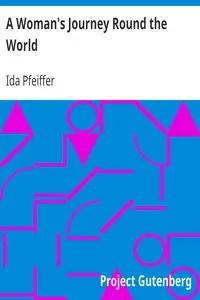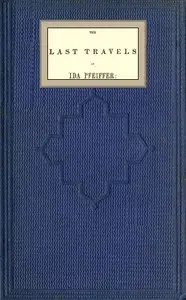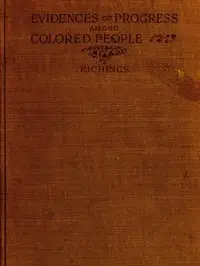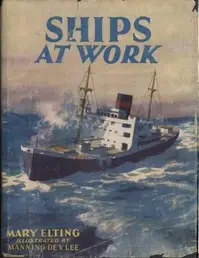"Visit to Iceland and the Scandinavian North" by Ida Pfeiffer is a travel narrative written in the mid-19th century. The book chronicles Pfeiffer’s journey as she embarks on an adventure to Iceland, driven by her deep curiosity and passion for exploring unique natural phenomena and cultures. As a pioneering female traveler of her time, her experiences illustrate the challenges she faced while traveling alone in a male-dominated society, offering insights into her encounters with the land and its people. The opening of the book establishes Pfeiffer as a determined explorer who begins her journey from Vienna, recounting her departure and initial travels through various European locales before finally reaching the shores of Iceland. In her preface, she shares her lifelong desire to explore the world, which was brought to fruition through her travels. The narrative details her preparations for the trip, her reflections on the societal expectations regarding women travelers, and the sense of purpose that compels her toward the unknown. As she sets sail, readers learn of her physical discomforts and encounters on the ship en route to Iceland, heightening the anticipation for the sights and cultural experiences that await her in this extraordinary North Atlantic island. (This is an automatically generated summary.)
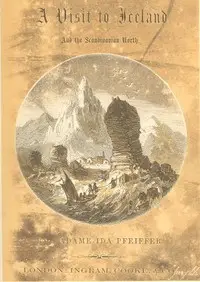
Visit to Iceland and the Scandinavian North
By Ida Pfeiffer
"Visit to Iceland and the Scandinavian North" by Ida Pfeiffer is a travel narrative written in the mid-19th century. The book chronicles Pfeiffer’s jo...
Ida Laura Pfeiffer, née Reyer, an Austrian explorer, travel writer, and ethnographer, became a famous early female traveler; her bestselling journals were translated into seven languages. She journeyed an estimated 32,000 kilometres (20,000 mi) by land and 240,000 kilometres (150,000 mi) by sea through Southeast Asia, the Americas, the Middle East, and Africa, and made two trips around the world between 1846 and 1855. Though a member of the geographical societies of both Berlin and Paris, she was denied membership by the Royal Geographical Society in London as it forbade the election of women before 1913.



